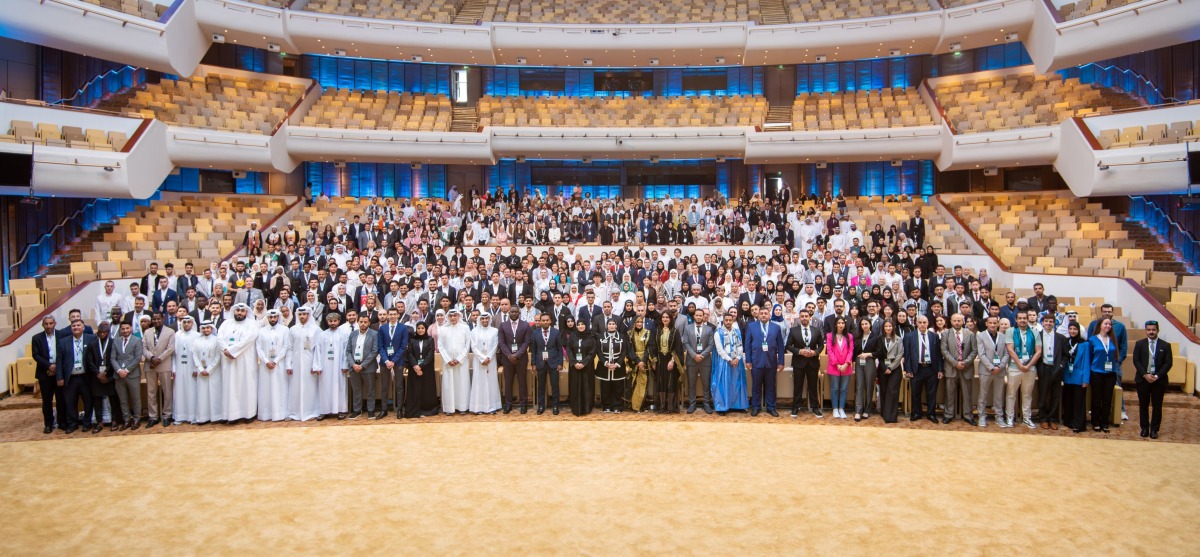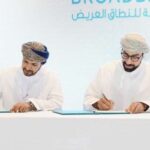The 7th International Universities Debating Championship (IUDC) organized by the QatarDebate Center saw intense competition on its third day. Qatari teams excelled, with Carnegie Mellon University in Qatar and Georgetown University in Qatar making it to the quarterfinals for native Arabic speakers. They will be joined by teams from Jordan, Palestine, Malaysia, and Lebanon. The debates focused on important social issues, with teams from Australia and Turkey also showcasing their skills.
Thaer Farhat, Debate Instructor at QatarDebate Center, praised the dedication and excellence of the participating students, particularly those from Qatar. He highlighted the promotion of critical thinking, acceptance of others, and knowledge exchange among youth through the championship. The event aims to encourage the learning and practice of the Arabic language among Arab and non-Arabic speaking university students, fostering linguistic and cultural understanding.
Four teams from Qatar participated in the Round of 16, including Qatar University, University of Doha for Science and Technology, Georgetown University in Qatar, and Carnegie Mellon University in Qatar. Abdullah Basil Hussein, coach for the Georgetown University in Qatar team, expressed pride in their performance and hoped for continued success in the competition. Teams from Jordan, Malaysia, Palestine, Kuwait, Egypt, Libya, the US, Lebanon, and Algeria also competed in the Round of 16.
The IUDC will continue until May 29, with the final round taking place on the same day. The championship aims to recognize winners and top speakers in a closing ceremony, concluding five days of intense debate and dialogue. The event not only showcases the debating skills of university students but also promotes cultural exchange and understanding among participants from different countries and backgrounds.
In conclusion, the 7th International Universities Debating Championship in Doha, Qatar, witnessed fierce competition and high-level debates on its third day. Qatari teams excelled, with two advancing to the quarterfinals for native Arabic speakers. The event focused on important social issues, promoting critical thinking and knowledge exchange among youth. The championship aims to encourage the learning and practice of the Arabic language among Arab and non-Arabic speaking university students, fostering linguistic and cultural understanding. The competition saw teams from various countries showcase their debating skills and cultural exchange, with the final round scheduled for May 29. Overall, the event serves as a platform for intellectual discourse and cultural exchange among university students from around the world.


























